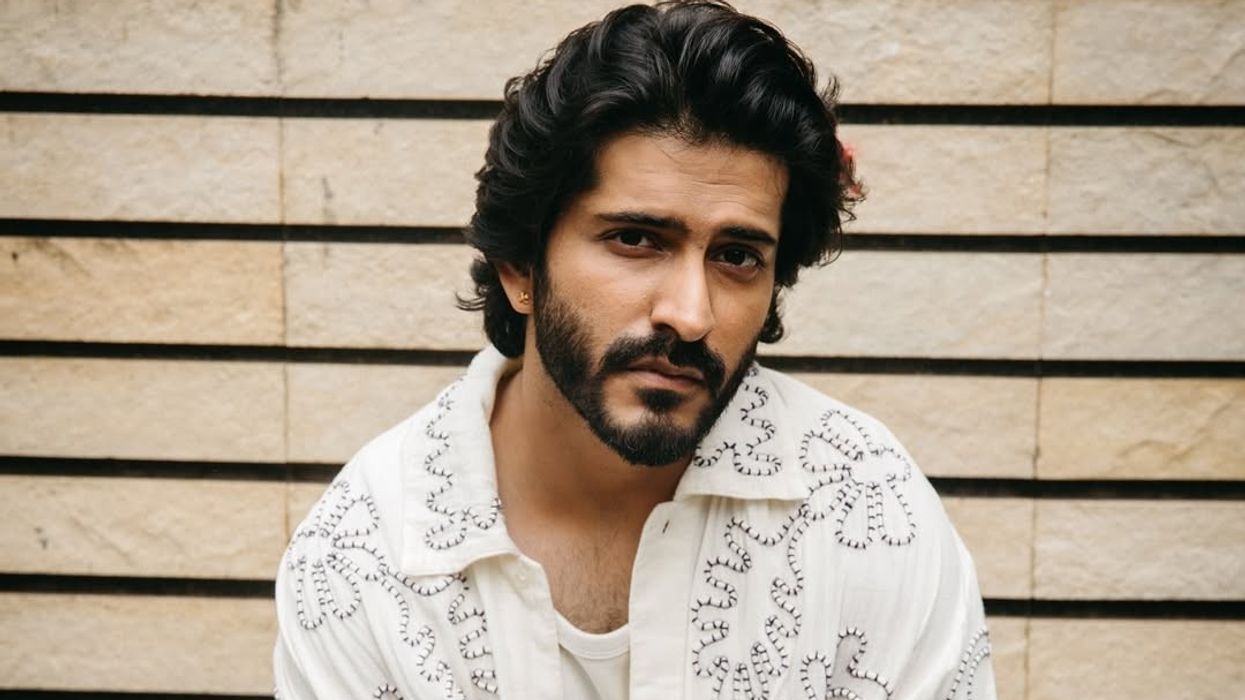Bollywood has been grappling with an identity crisis, with many questioning whether the industry's golden era is over. A recent social media debate reignited the discussion, claiming that the industry is in decline due to the absence or sporadic appearances of major stars like Salman Khan, Aamir Khan, and Shah Rukh Khan. Harsh Varrdhan Kapoor, actor and son of Anil Kapoor, responded with a sharp critique of Bollywood’s over-reliance on big-budget, star-driven films, arguing that it is time for a shift toward strong storytelling.
A user on X posted, "Bollywood is finished. Salman doesn’t want to act, Aamir has no films, Akshay has a dozen films but none that matter, SRK does a film every two years, and Ajay is playing it safe. Ranbir Kapoor seems like the only one carrying the industry forward."
Kapoor disagreed with the sentiment, stating that Bollywood should not revolve solely around a handful of superstars and formula-driven blockbusters. He emphasised the need for producers and financiers to take risks on fresh concepts with controlled budgets rather than chasing outdated commercial formulas. He pointed out that well-executed films can be made with significantly lower budgets if money is spent wisely on the craft rather than unnecessary expenses.
"It’s 2025, and the films that are getting approved belong in the 1980s—and not even the good ones. Producers should be focusing on high-concept, low-cost films instead of sticking to the usual tropes. If budgets are kept in check and the focus remains on quality storytelling, the audience will come," Kapoor remarked. He cited the example of his own project, 'Thar,' which he claims looked visually superior to many films that cost two or three times as much simply because every penny was invested in the film itself rather than on inflated production expenses.
He further defended his own career choices when a user suggested he was wasting his potential. Kapoor acknowledged that breaking away from conventional Bollywood filmmaking is extremely challenging, saying, "You have no idea how difficult it is to create something unconventional in this industry. It can take years to bring one film like 'Bhavesh Joshi' or 'Thar' to life. Instead of waiting for opportunities, I have taken it upon myself to produce, co-create, and act in meaningful projects."
Kapoor also pointed out that there are many talented filmmakers in India who struggle to get their vision funded. He mentioned Raj Singh Chaudhary, the director of 'Thar,' as an example of an under-the-radar talent who was given a chance and delivered. Kapoor stated that if he receives the right backing, he is committed to bringing unique and memorable films to the audience.
Harsh Varrdhan Kapoor made his debut in 2016 with 'Mirzya,' a film that failed to make a mark at the box office. However, he gained recognition for his work in 'Bhavesh Joshi Superhero' and 'Thar.' Up next, he is set to portray Olympic gold medallist Abhinav Bindra in an upcoming biopic.
Kapoor’s remarks bring to light the larger ongoing debate about the need for Bollywood to evolve beyond its traditional formula and embrace fresh narratives. As the industry continues to face challenges, voices like his may hopefully encourage a much-needed shift toward quality-driven cinema.





